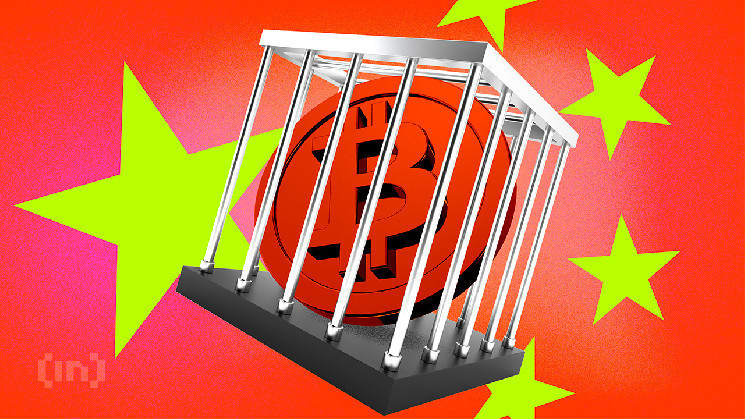In a recent development, former deputy director of the Beijing Financial Bureau, Hao Gang, has been sentenced to 11 years in prison for bribery and Bitcoin-related money laundering by a Beijing court.
This ruling signifies a significant stride in China’s efforts to clamp down on financial misconduct associated with cryptocurrencies.
China’s Ongoing Battle Against Bitcoin-Linked Corruption
Following a two-year investigation into Gang’s actions, the court delivered its verdict on Thursday, February 6. It was revealed that he had accepted substantial bribes amounting to tens of millions of yuan to aid Bitcoin mining companies facing regulatory obstacles.
Reports suggest that Gang also assisted a senior executive from a prominent mining firm in evading travel restrictions in exchange for unlawful payments.
Initially, the court handed down separate sentences of eight years for bribery and four years for money laundering. These were eventually consolidated into an 11-year prison term. Additionally, Gang was fined RMB 1.3 million ($164,662).
Furthermore, his illicitly acquired proceeds were confiscated and redirected to the state treasury.
Prior to the investigation, Hao Gang held a significant position in Beijing’s financial sector. His conviction underscores China’s unwavering stance against financial wrongdoing related to Bitcoin, indicating a continued crackdown on corruption within the industry.
This case follows a precedent where a government employee was sentenced to life imprisonment last year for divulging classified information to a foreign intelligence agency. Struggling with debts resulting from failed cryptocurrency investments, the individual turned to espionage in exchange for digital assets.
Over time, Chinese regulators have intensified measures to curb illicit crypto transactions, aligning with the government’s persistent opposition to speculative ventures in digital currencies.
Nevertheless, China’s approach to regulating cryptocurrencies remains inconsistent. While one ruling categorized crypto trading as a form of gambling, a prior decision by the High Court recognized digital assets as legitimate property.
This disparity reflects the government’s challenge in maintaining financial stability while adapting to the evolving landscape of the digital economy.

